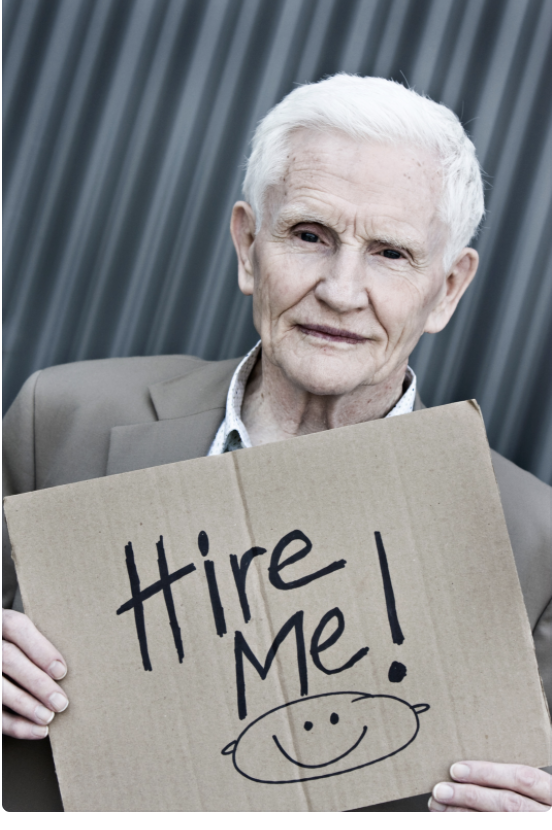Bias Busting: New Efforts And Urgency To Combat Ageism
April 14, 2021

Have you encountered it? Perhaps it was a patronizing tone from someone you asked for help. Or perhaps it was the loss of a promotion at your office or the silence when you recently applied for a new job? Or, if you live in a less-developed country, perhaps you lost your housing or your welfare payment and been left to fend for yourself. Almost all of us have likely faced the scourge of ageism in one form or another, sometimes in a simply annoying way but other times with the potential to be life-threatening. As the World Health Organization defines it, ageism is “the stereotypes, prejudice, and discrimination towards people on the basis of their age.” And its impact, especially on the lives of older adults, can be huge and life-altering, as it can affect physical and mental health, and even accelerate cognitive decline. As one scholar warns, we should all “fear ageism not aging.”
In fact, the pandemic brought ageism and its serious consequences to the public’s attention in ways previously unimagined. As the authors of a recent Lancet essay explained, “Not only has the pandemic taken the lives of many older people, it has also exposed ageism in different settings—eg, discrimination in access to health care, inadequate protection of older people in care homes and of young people’s mental health, and stereotypical media portrayals that pit generations against each other.” Many ageism scholars decry the enormous number of deaths that occurred in long-term care settings and pronounced these deaths the result of ageism, as we allowed poor and inferior conditions to pervade facilities where older people reside. In fact, Margaret Morganroth Gullette, author of the book Ending Ageism: or, How Not To Shoot Old People is at work on a new book about ageism during the pandemic which she calls American Eldercide. Gullette has even recently suggested that ageism be added to the list of hate crimes we prosecute in our country.
However, amid this distressing evidence of ageism comes a global initiative designed to address and combat it. The World Health Organization, in concert with the UN Office of the High Commissioner on Human Rights, the Population Fund, and the UN Department of Economic and Social Affairs, has issued a Global Report on Ageism designed to shine a light, and initiate action, to address the negative impact of ageism around the world. In fact, addressing ageism will be one of four action areas of the UN’s Decade of Healthy Ageing (2021-2030) which will be a global collaboration to “bring together governments, civil society, international agencies, professionals, academia, the media, and the private sector to improve the lives of older people, their families, and the communities in which they live.” With worldwide attention on the issue, and with the extraordinary impact the pandemic has had on older individuals around the world, we can only hope that all countries, including our own, will use this opportunity to shape and develop policies to support and protect older adults, whatever their circumstances.
Finally, in case you’re unaware, ageism can also affect younger adults, who may be marginalized or left out of important conversations or opportunities, because their young age is considered a negative factor. So, young and old alike have reason to fight ageism. For a short video reflecting this shared problem, grab a younger person and watch here.







